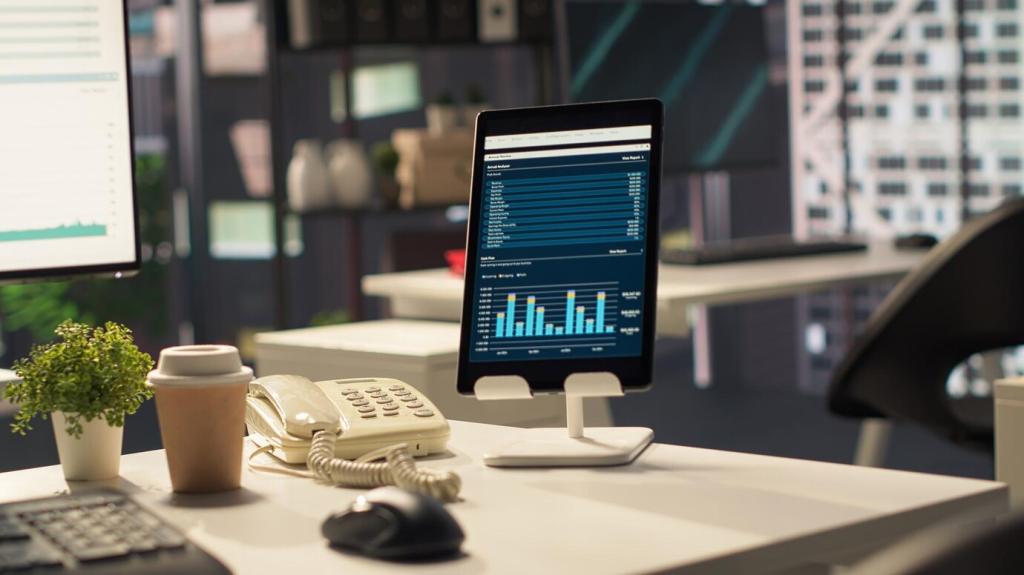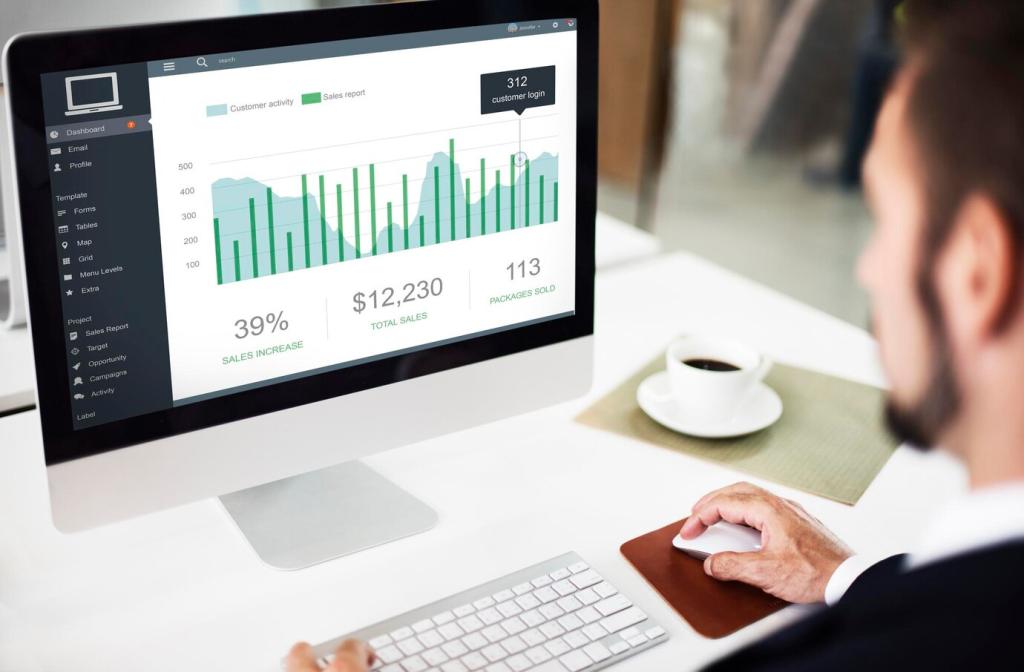Navigating Personal Income Tax in Malaysia: A Friendly Guide for Real People
Selected theme: Navigating Personal Income Tax in Malaysia. Welcome to a clear, human-first guide that turns confusing tax jargon into everyday language, with practical steps, real stories, and gentle nudges to help you file confidently and keep more of what you earn.

Tax year and assessment basics
Malaysia’s tax year follows the calendar year, and you file the following year for your Year of Assessment. Deadlines vary by taxpayer type, so mark your calendar early and confirm dates on the LHDN (IRBM) site before the rush begins.

Who needs to file a return
If you earn Malaysian-source income, changed jobs, have side gigs, or want to claim a refund due to over-deduction, filing is usually necessary. Even when tax seems minimal, a proper return safeguards refunds and keeps your record clean.


Residence and Source: Why Status Matters
Residence typically depends on day-count rules and continuity of presence within a calendar year. Residents enjoy reliefs and progressive rates, while non-residents are generally taxed at a flat rate with limited reliefs, so track your days carefully.
Residence and Source: Why Status Matters
Malaysia primarily taxes income arising in Malaysia. Employment performed locally, local rentals, and Malaysian business profits are usually taxable. Treatment of foreign-sourced income can change over time, so always check current LHDN guidance.
Reliefs, Rebates, and Deductions: Every Ringgit Counts
Lifestyle reliefs that add up
Books, sports equipment, personal devices, and internet bills can qualify under lifestyle categories if conditions are met. Small receipts stack into serious savings when organized year-round, not crammed the night before the deadline.
Protecting your future while saving tax
Contributions to retirement schemes, approved life insurance or takaful, and voluntary savings vehicles may offer reliefs. Align your financial security with legitimate tax efficiency, and schedule contributions before year-end to avoid missing out.
Education, family, and care
Tuition for approved courses, childcare expenses, medical costs for parents, and disability-related support can be claimable under specific categories. Keep official receipts and medical certificates, and label digital folders so retrieval is effortless during filing.



Freelance and online income
Declare gig income and keep invoices, bank statements, and expense logs. Separate business and personal accounts to simplify tracking, and document home-office or software costs where relevant. Good habits make filing swift and defensible.
Rental income and allowable expenses
Rental income is taxable, but expenses like repairs, assessment, insurance, and loan interest may be deductible if conditions are met. File neatly with tenancy agreements, receipts, and photos demonstrating repairs rather than improvements.

Filing with Confidence: A Practical e-Filing Walkthrough
Register on the LHDN ezHASiL platform if you are new, verify your email and identification details, and store your login safely. Update your bank account for direct refunds, and bookmark official help pages for quick reference.
Filing with Confidence: A Practical e-Filing Walkthrough
Key in employment, rental, and other income carefully, cross-checking EA and statements. Next, claim eligible reliefs with precise amounts, matching every figure to a receipt. A calm, systematic approach avoids painful amendments later.


Records, Audits, and Peace of Mind
Maintain receipts, invoices, statements, and working papers for the legally required retention period, typically several years. Digital copies with clear labels are acceptable when readable. Back up files in two places to protect your sanity.
Records, Audits, and Peace of Mind
If LHDN requests clarification, reply within the stated timeframe and attach clear proof. A short cover note explaining context helps. Professional, timely responses resolve most queries quickly and keep your taxpayer profile in good standing.
Registering and opening a tax file
New employees should register with LHDN promptly and ensure employers withhold PCB correctly. Save your employment contract, work permits, and arrival dates, because small administrative details impact residence status and reporting obligations.
Treaty relief and double taxation
Malaysia has tax treaties with many countries. If your income spans borders, check eligibility for relief to prevent double taxation. Keep certificates of residence and payroll breakdowns to support treaty claims if they apply to your situation.
Exiting Malaysia and tax clearance
Before permanently leaving, employers may need to notify LHDN for tax clearance. Plan early to finalize assessments and avoid delays with final pay. Share your departure checklist needs, and we will create a subscriber guide just for you.

